Integrating Digital Tools into Marketing Education
Digital tools have become an integral part of our daily lives, impacting various aspects of society, including education. In the field of marketing education, utilizing digital tools is essential in preparing students for the ever-evolving landscape of the industry.
- 2/22/2024
- 3 min read
 Click
to read the article
Click
to read the article
By integrating digital tools into marketing education, educators can enhance the learning experience, provide practical skills training, and ensure that students are well-equipped to succeed in a digital marketing world.
Enhancing the Learning Experience
Digital tools offer a dynamic and interactive learning experience for students, making the educational process more engaging and effective. With the use of multimedia resources, such as videos, infographics, and interactive presentations, educators can create a more stimulating learning environment that caters to different learning styles. This not only enhances student engagement but also improves information retention and understanding.
Providing Practical Skills Training
Incorporating digital tools into marketing education allows students to gain hands-on experience with industry-standard software and technology. Platforms such as Google Analytics, Hootsuite, and Adobe Creative Cloud are commonly used in the marketing field, and providing students with access to these tools enables them to develop practical skills that are highly sought after by employers. By familiarizing students with these tools early on, educators can better prepare them for internships and entry-level positions in marketing.
Keeping Up with Industry Trends
The field of marketing is constantly evolving, with new technologies and trends emerging at a rapid pace. By integrating digital tools into marketing education, educators can ensure that their curriculum remains up-to-date and relevant to the industry. For instance, incorporating social media management tools, digital advertising platforms, and analytics software into coursework allows students to stay current with the latest trends in digital marketing. This not only benefits students in their academic endeavors but also prepares them for the demands of a competitive job market.
Fostering Collaboration and Communication
Digital tools not only enhance the learning experience but also facilitate collaboration and communication among students and educators. Platforms such as Google Workspace, Microsoft Teams, and Slack enable real-time communication, file sharing, and collaborative work, allowing students to work together on projects and assignments regardless of physical location. This fosters a sense of community and teamwork within the classroom, mirroring the collaborative nature of many marketing roles in the professional world.
Conclusion
Integrating digital tools into marketing education is essential for preparing students for success in a digital-driven industry. By enhancing the learning experience, providing practical skills training, keeping up with industry trends, and fostering collaboration and communication, educators can equip students with the tools and knowledge they need to thrive in the dynamic field of marketing. As technology continues to shape the future of the industry, incorporating digital tools into marketing education will be crucial in preparing the next generation of marketing professionals.
Recent posts
Random news

The Growth of E-commerce and its Impact on Marketing Education
- 2023-12-25T00:00:00Z

The Relevance of Guerrilla Marketing in Educational Curricula
- 2024-01-01T00:00:00Z

Teaching Customer-Centric Marketing Strategies
- 2023-12-30T00:00:00Z

Utilizing Case Studies in Marketing Education for Real-World Learning
- 2024-01-15T00:00:00Z

Sustainability and Ethics in Modern Marketing Education
- 2024-02-27T00:00:00Z

Leveraging Big Data in Marketing Education
- 2023-12-31T00:00:00Z

Personal Branding and its Importance in Marketing Education
- 2024-02-10T00:00:00Z

Adapting to Change: Agile Methodologies in Marketing Education
- 2024-02-14T00:00:00Z
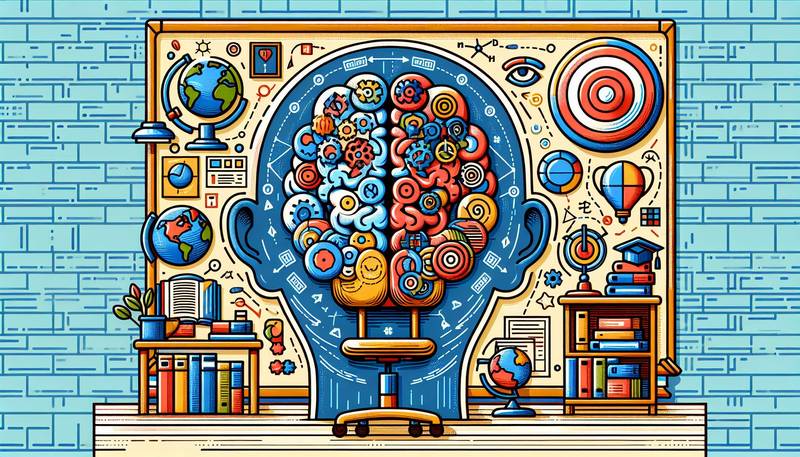
The Intersection of Psychology and Marketing in Educational Programs
- 2024-01-14T00:00:00Z

Content Marketing: Crafting a Core Component of Marketing Education
- 2023-12-18T00:00:00Z

The Importance of Cultural Competency in Global Marketing Education
- 2024-01-15T00:00:00Z

Building a Successful Career in Marketing through Education
- 2024-01-04T00:00:00Z

The Power of Visual Storytelling in Marketing Education
- 2024-02-05T00:00:00Z

Influencer Marketing: Teaching the New Age of Endorsement
- 2024-02-09T00:00:00Z

Building Collaborative Skills in Marketing Students through Team-Based Projects
- 2024-02-10T00:00:00Z

Email Marketing: An Indispensable Skill in Marketing Education
- 2024-01-27T00:00:00Z

Blending Traditional and Digital Marketing in Education Programs
- 2024-02-20T00:00:00Z

Engaging Millennials and Gen Z in Marketing Education
- 2024-01-10T00:00:00Z

Branding Basics: An Essential Course in Marketing Education
- 2024-02-27T00:00:00Z

Mobile Marketing: Education for the Smartphone Era
- 2024-01-13T00:00:00Z

The Synergy between Marketing and Sales: An Educational Perspective
- 2024-02-26T00:00:00Z


Cross-Cultural Marketing Education: Preparing for Global Challenges
- 2024-03-02T00:00:00Z

Staying Ahead: Continuous Learning in Marketing
- 2023-12-04T00:00:00Z

From Concept to Market: The Product Development Process
- 2024-02-25T00:00:00Z

Personal Selling and Sales Management in Marketing Education
- 2023-12-30T00:00:00Z

How to Design an Effective Marketing Education Curriculum
- 2024-03-01T00:00:00Z

Teaching the Future: Predictive Analytics in Marketing Education
- 2023-12-03T00:00:00Z

Developing Leadership Skills through Marketing Education
- 2024-02-13T00:00:00Z

Marketing Automation: Teaching the Tools of Efficiency
- 2023-12-18T00:00:00Z

Crisis Management and Communication in Marketing Education
- 2024-01-14T00:00:00Z
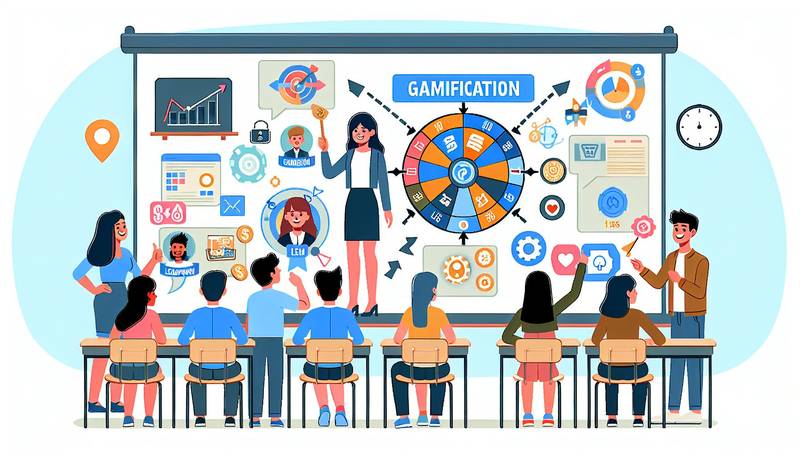
How to Effectively Use Gamification in Marketing Education
- 2024-03-01T00:00:00Z

Understanding the Marketing Mix in Today's Digital World
- 2024-01-20T00:00:00Z

Understanding Consumer Behavior: A Foundation of Marketing Education
- 2024-01-07T00:00:00Z

Emerging Trends in Marketing Education for the 21st Century
- 2024-02-06T00:00:00Z

Mastering the Fundamentals of Marketing Education
- 2023-12-17T00:00:00Z

Integrating Customer Feedback into Marketing Educational Programs
- 2023-12-21T00:00:00Z

The Future of Marketing Education: Predictions and Preparations
- 2024-03-11T00:00:00Z

Integrating Digital Tools into Marketing Education
- 2024-02-22T00:00:00Z

Strategic Marketing Planning: A Key Focus in Marketing Education
- 2024-02-23T00:00:00Z

From Classroom to Career: Marketing Education Pathways
- 2024-03-04T00:00:00Z

The Advantages of Online Marketing Education
- 2024-02-23T00:00:00Z

The Impact of AI and Automation on Marketing Education
- 2023-12-11T00:00:00Z
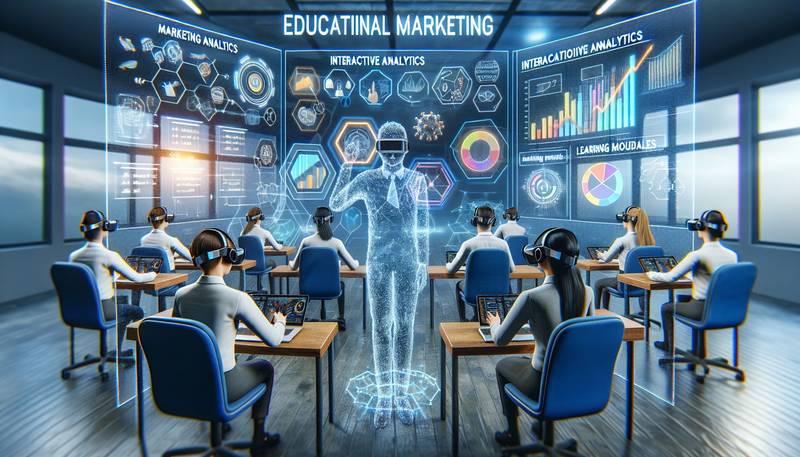
Utilizing Virtual Reality in Marketing Education
- 2024-01-01T00:00:00Z

Collaborative Learning in Marketing Education: Benefits and Strategies
- 2023-12-30T00:00:00Z

The Significance of Customer Relationship Management in Marketing Education
- 2024-01-29T00:00:00Z

Public Relations and Its Role in a Marketing Education
- 2023-12-11T00:00:00Z

Search Engine Optimization: A Must-Have Skill in Marketing Education
- 2024-02-15T00:00:00Z

Innovation in Retail Marketing: Trends and Education
- 2024-03-07T00:00:00Z

Personal Branding 101: Teaching the Fundamentals in a Digital Age
- 2023-12-03T00:00:00Z

The Role of Experiential Learning in Shaping Tomorrow's Marketing Leaders
- 2024-02-16T00:00:00Z
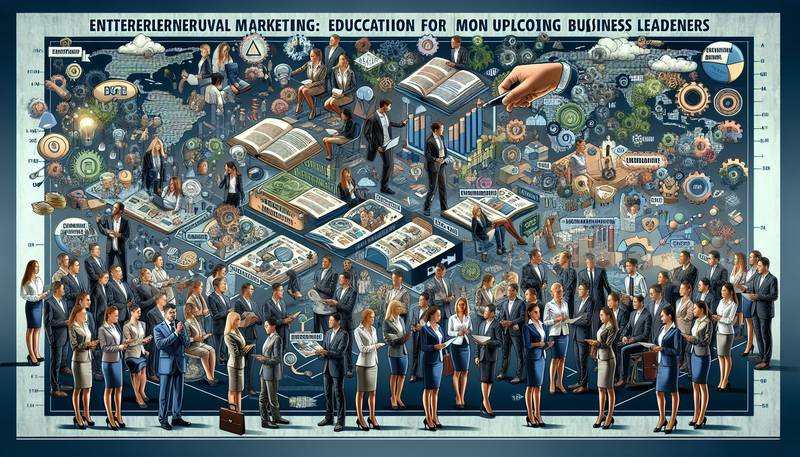
Entrepreneurial Marketing: Education for Upcoming Business Leaders
- 2024-01-06T00:00:00Z

Building and Managing Strong Brands: A Marketing Education Focus
- 2024-02-05T00:00:00Z
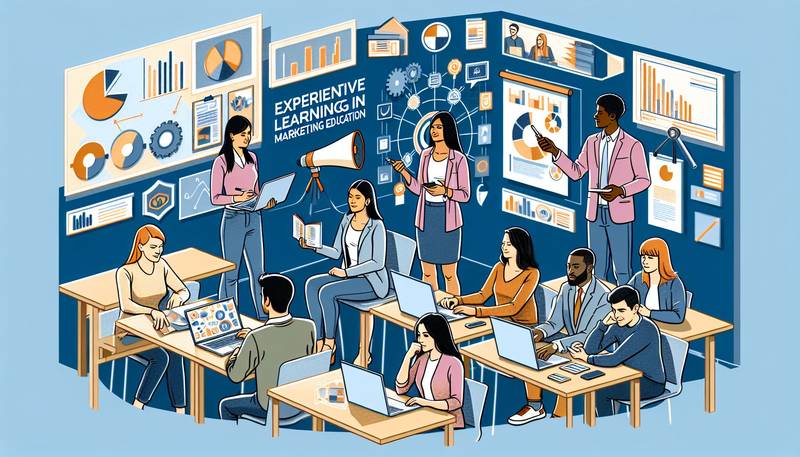
The Benefits of Experiential Learning in Marketing Education
- 2024-01-05T00:00:00Z

Developing Effective Marketing Communications Strategies
- 2024-01-30T00:00:00Z

Creating Compelling Content: A Pillar of Marketing Education
- 2024-02-04T00:00:00Z

Viral Marketing: Strategies and Education
- 2024-01-22T00:00:00Z

Teaching the Importance of Market Research in Decision Making
- 2024-03-07T00:00:00Z

Teaching the Art and Science of Pricing Strategies in Marketing
- 2024-01-10T00:00:00Z
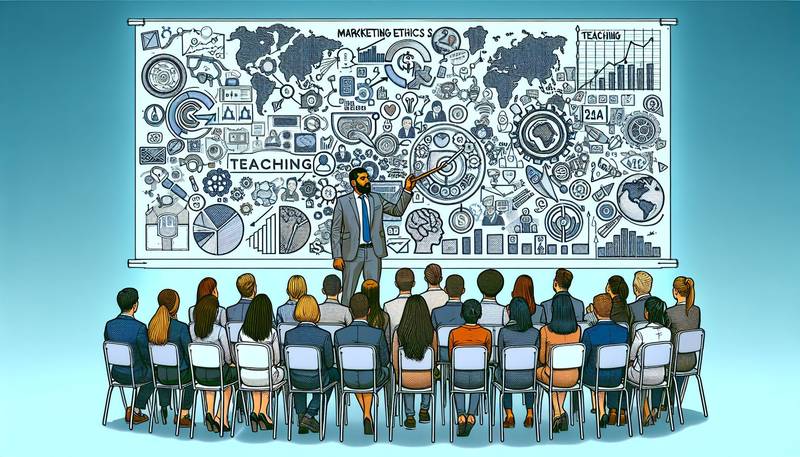
Challenges and Solutions in Teaching Marketing Ethics
- 2023-12-04T00:00:00Z

The Importance of User Experience (UX) in Marketing
- 2023-12-10T00:00:00Z

Direct Marketing Techniques in the Educational Curriculum
- 2023-12-21T00:00:00Z

The Evolution of Marketing Education in the Digital Era
- 2023-12-14T00:00:00Z

The Role of Social Media in Modern Marketing Education
- 2024-03-10T00:00:00Z
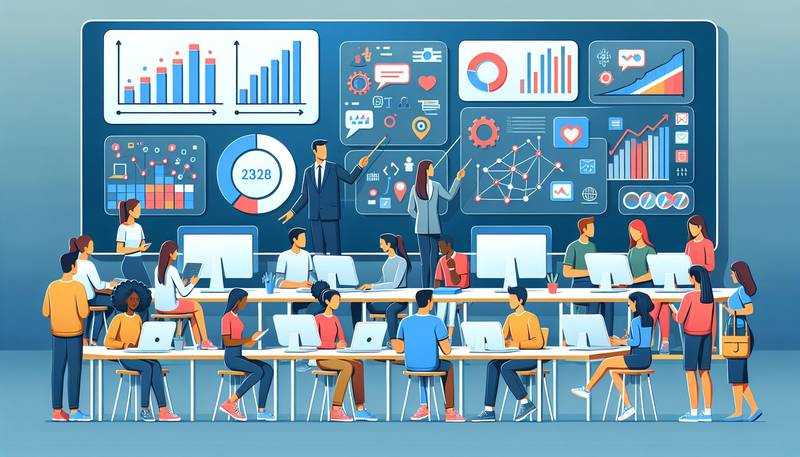
Digital Advertising: A Core Subject in Marketing Education Today
- 2024-02-02T00:00:00Z
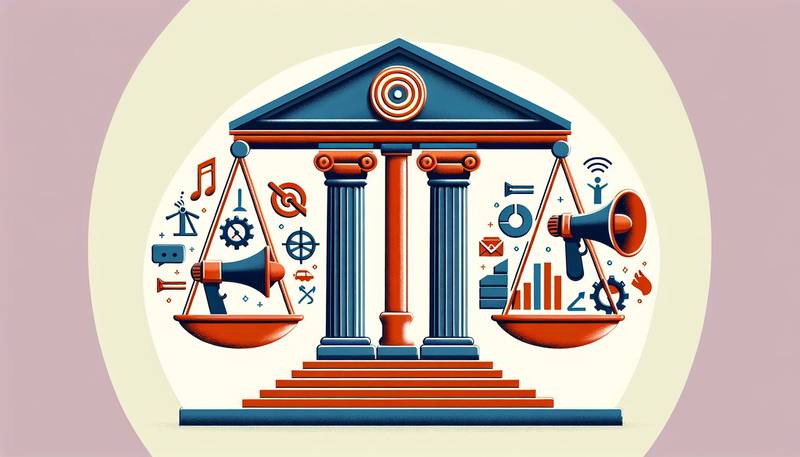
Teaching the Legal Aspects of Marketing
- 2023-12-04T00:00:00Z

Web Analytics and Digital Insights for Marketing Professionals
- 2024-01-05T00:00:00Z

The Role of Storytelling in Effective Marketing Education
- 2023-12-26T00:00:00Z

Sustainability and Ethics in Marketing: Incorporating Modern Values into Education
- 2024-02-23T00:00:00Z

Leveraging Social Media in Marketing Education: Opportunities and Challenges
- 2024-01-08T00:00:00Z

Nurturing Creativity and Innovation in Marketing Students
- 2024-02-13T00:00:00Z

Bridging the Gap between Theory and Practice in Marketing Education
- 2024-01-05T00:00:00Z

The Role of Internships in Enhancing Marketing Education
- 2023-12-25T00:00:00Z

The Importance of Analytics in Marketing Education
- 2024-02-25T00:00:00Z

The Role of Design Thinking in Marketing Education
- 2023-12-06T00:00:00Z

The Importance of Creativity in Marketing Education
- 2024-01-16T00:00:00Z

Event Marketing: Education for Memorable Brand Experiences
- 2024-01-21T00:00:00Z

Evaluating Marketing Education: Metrics for Success
- 2023-12-18T00:00:00Z

Global Marketing Strategies: Education for a Borderless World
- 2024-02-07T00:00:00Z

Navigating the World of Affiliate Marketing in Educational Programs
- 2024-01-15T00:00:00Z

The Importance of Networking in Marketing Education
- 2024-01-30T00:00:00Z

B2B Marketing: Developing Skills for the Business Market
- 2023-12-25T00:00:00Z

How Technology is Reshaping Marketing Education
- 2024-01-27T00:00:00Z

The Evolution of Marketing Education: Preparing Students for a Data-Driven World
- 2023-12-21T00:00:00Z

Effective Use of Social Listening Tools in Marketing
- 2024-02-18T00:00:00Z

From Classroom to Boardroom: Real-World Applications of Marketing Theories
- 2024-02-04T00:00:00Z

Exploring the Intersection of Psychology and Marketing in Educational Programs
- 2024-02-16T00:00:00Z

Marketing for Social Impact: Education for Change
- 2023-12-10T00:00:00Z

Lifestyle Marketing: Connecting Brands with Consumers' Lives
- 2024-01-05T00:00:00Z

Developing a Global Mindset through Marketing Education
- 2024-02-23T00:00:00Z

Enhancing Digital Literacy in Marketing Education
- 2024-02-07T00:00:00Z

Adapting Marketing Strategies for the Non-Profit Sector
- 2024-03-04T00:00:00Z

Marketing to Millennials: Challenges and Strategies
- 2024-02-20T00:00:00Z

The Role of Data Privacy in Marketing Education
- 2023-12-19T00:00:00Z

The Art of Convincing: Persuasion Techniques in Marketing
- 2024-02-06T00:00:00Z

Preparing Marketers for the Challenges of Globalization
- 2024-01-25T00:00:00Z

Bridging the Gap: Integrating Digital Tools into Traditional Marketing Curriculum
- 2024-02-04T00:00:00Z

Crowdfunding as a Marketing Tool: An Educational Perspective
- 2023-12-11T00:00:00Z

Navigating the Future of Marketing Education: Trends and Innovations
- 2023-12-08T00:00:00Z

Cultivating Strategic Thinking in Marketers through Education
- 2023-12-06T00:00:00Z
 Marketing Minds: Unleashing Your Potential in the Modern Age
Marketing Minds: Unleashing Your Potential in the Modern Age